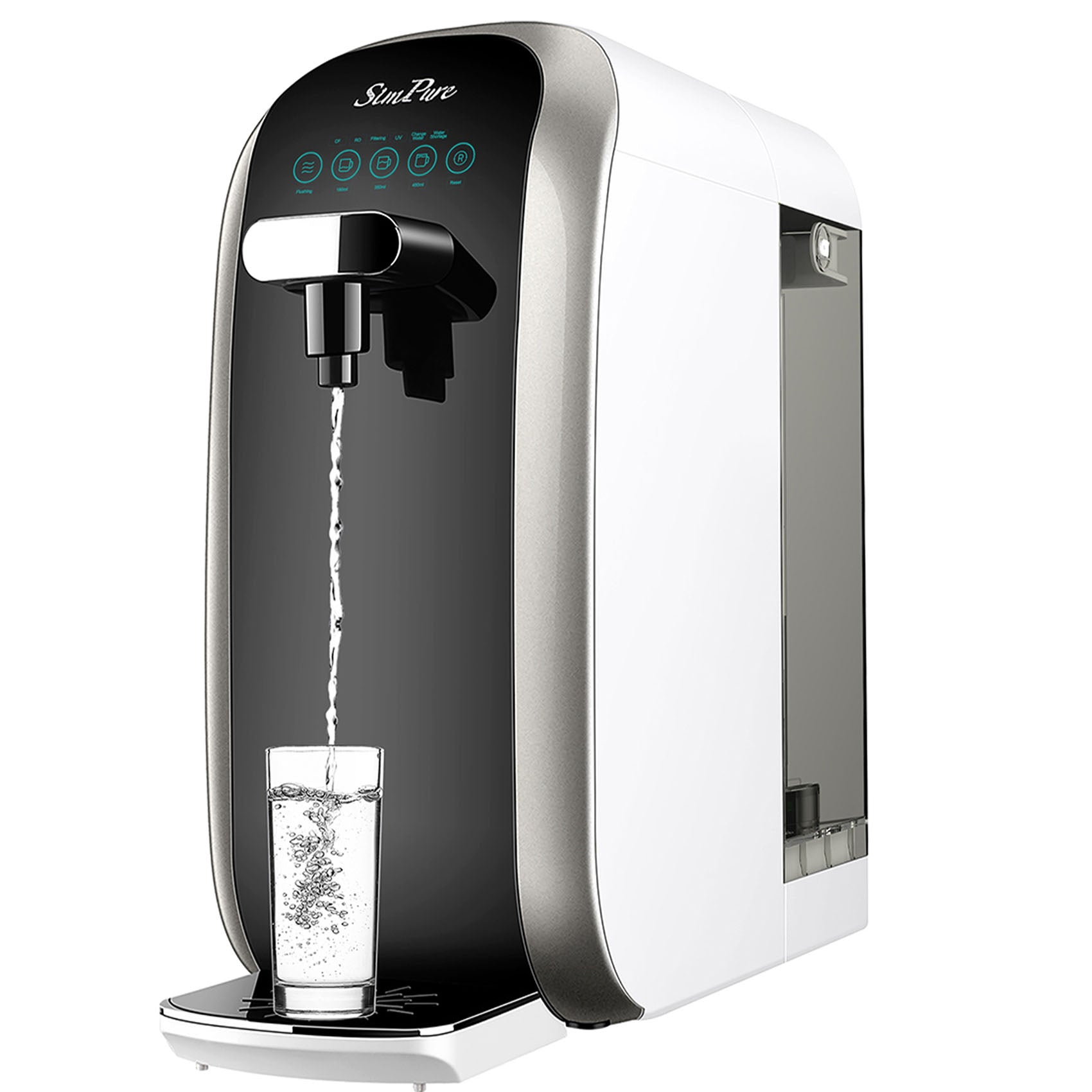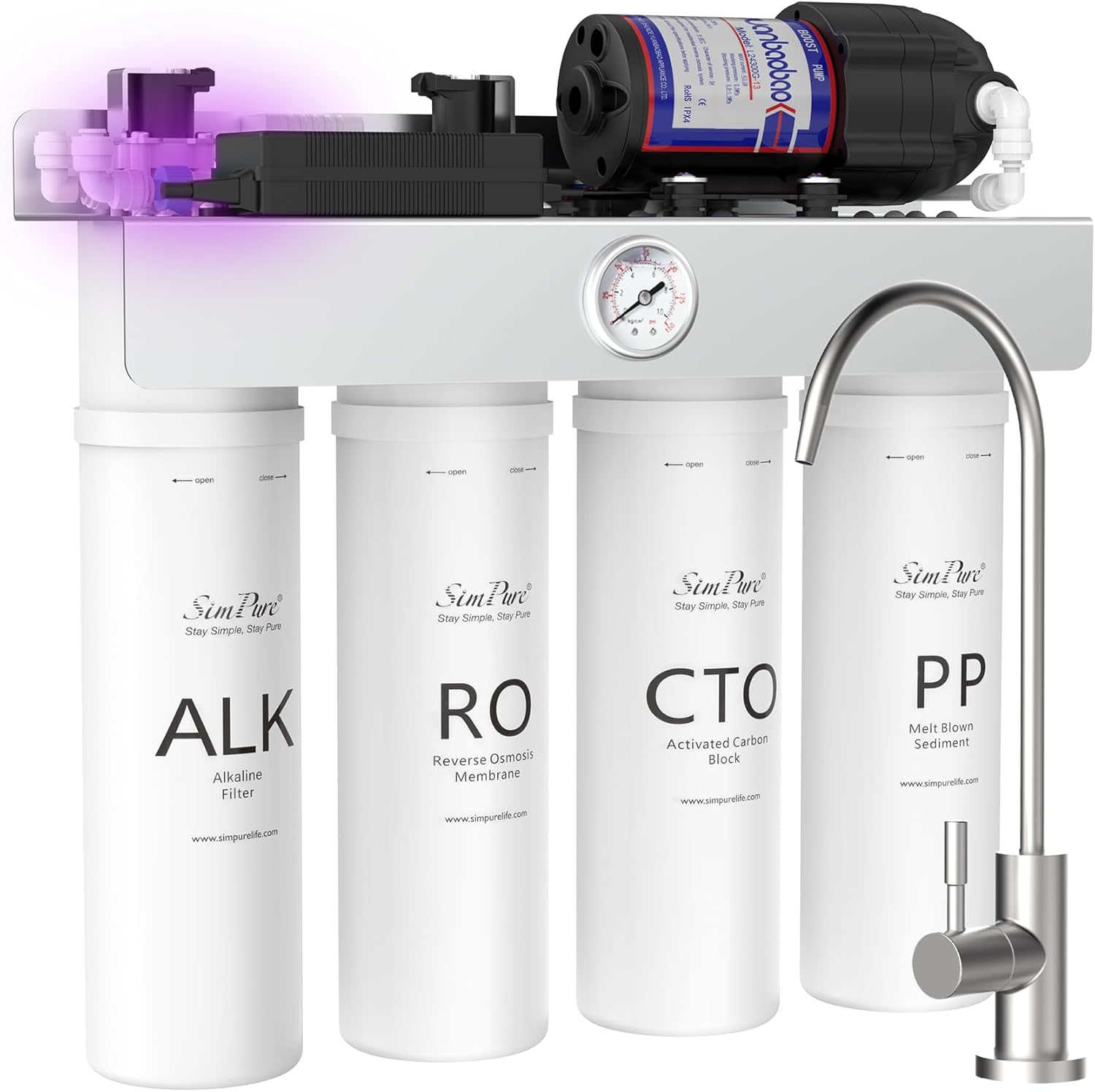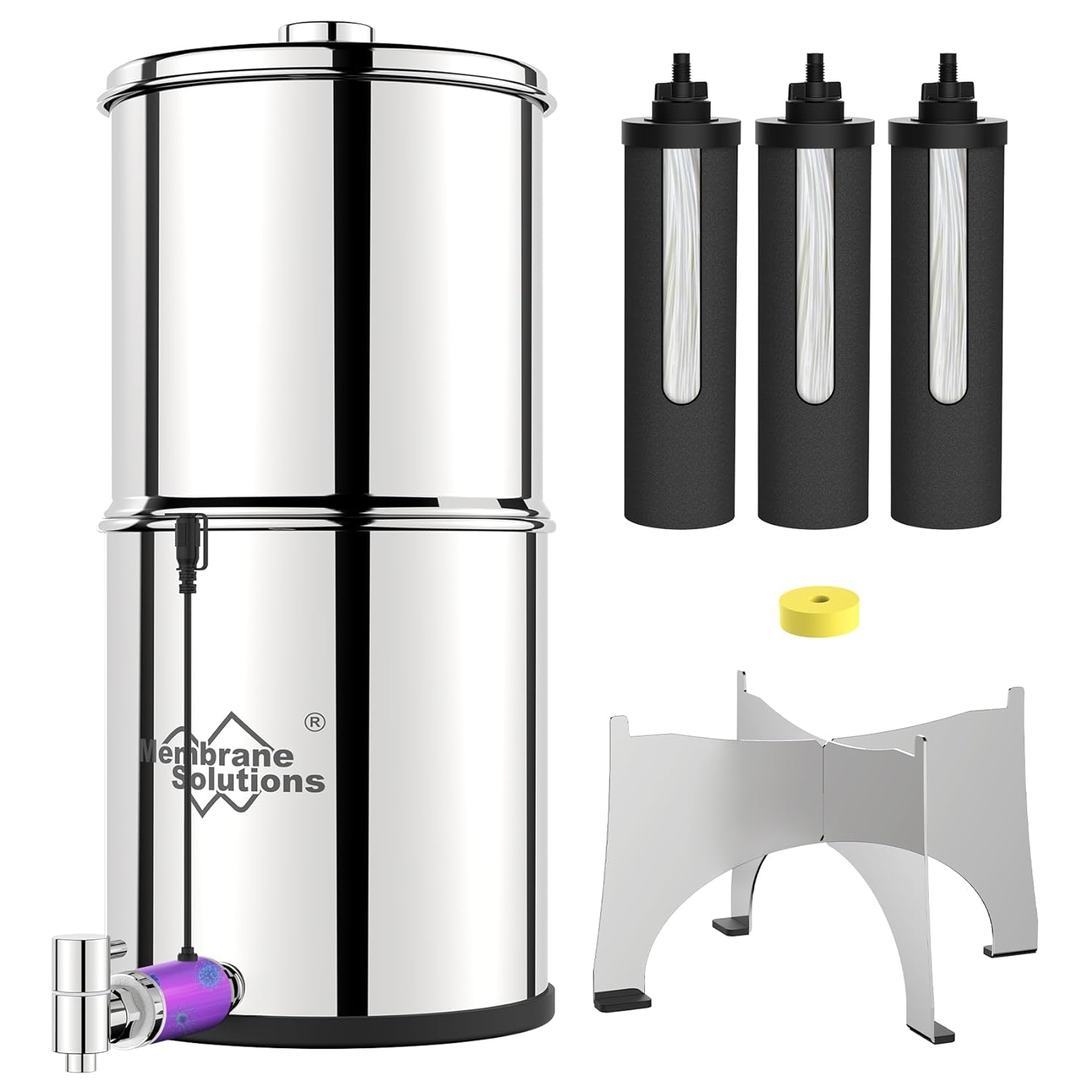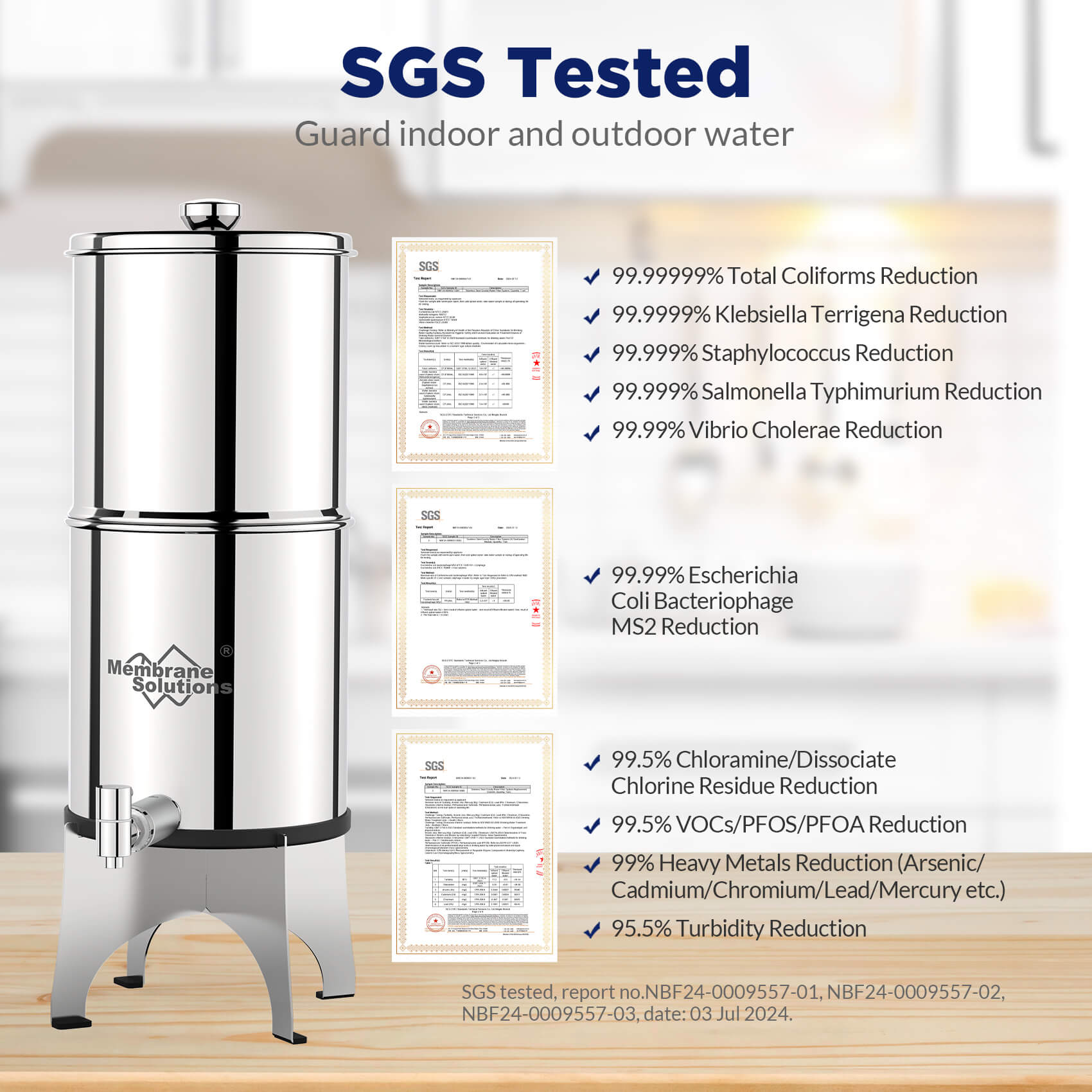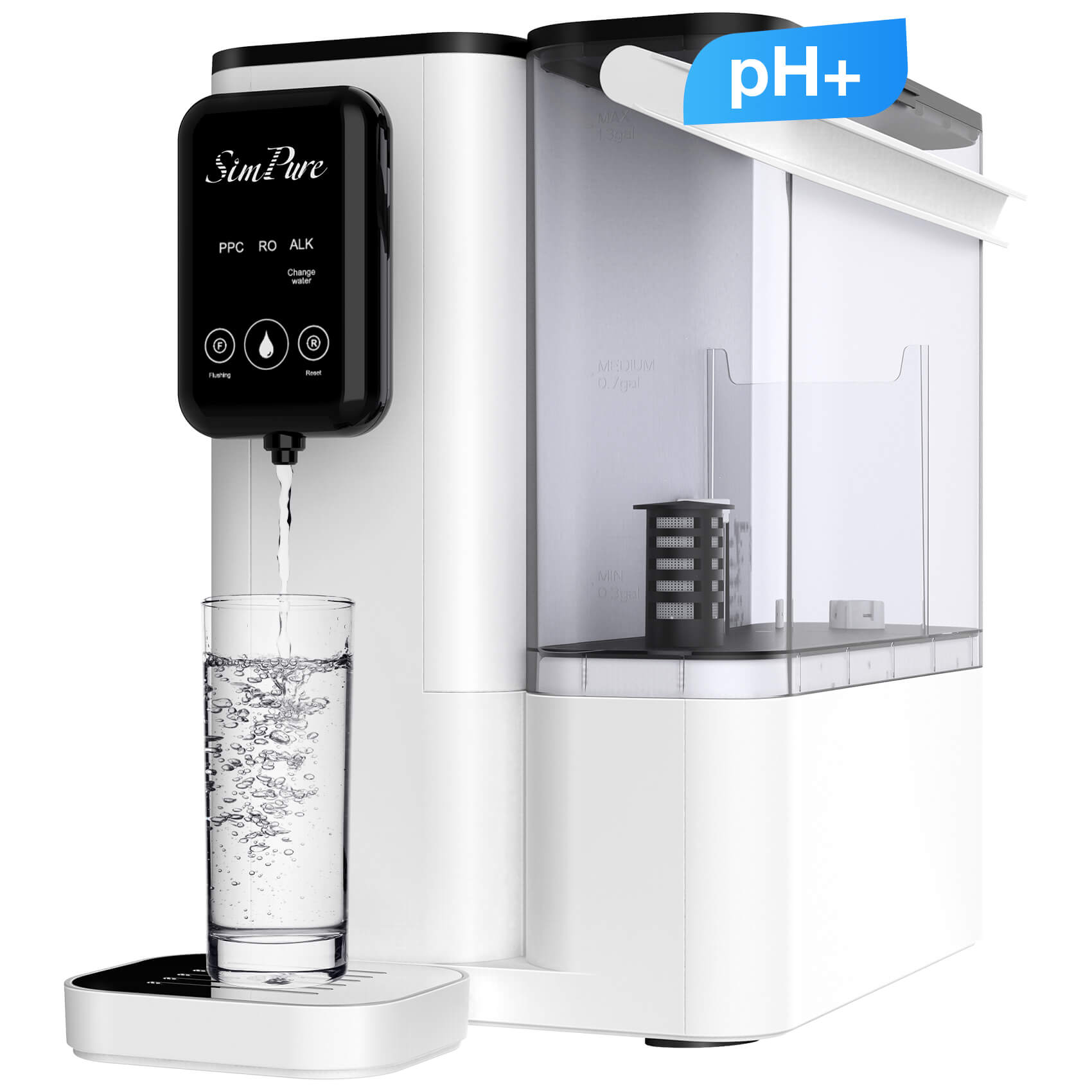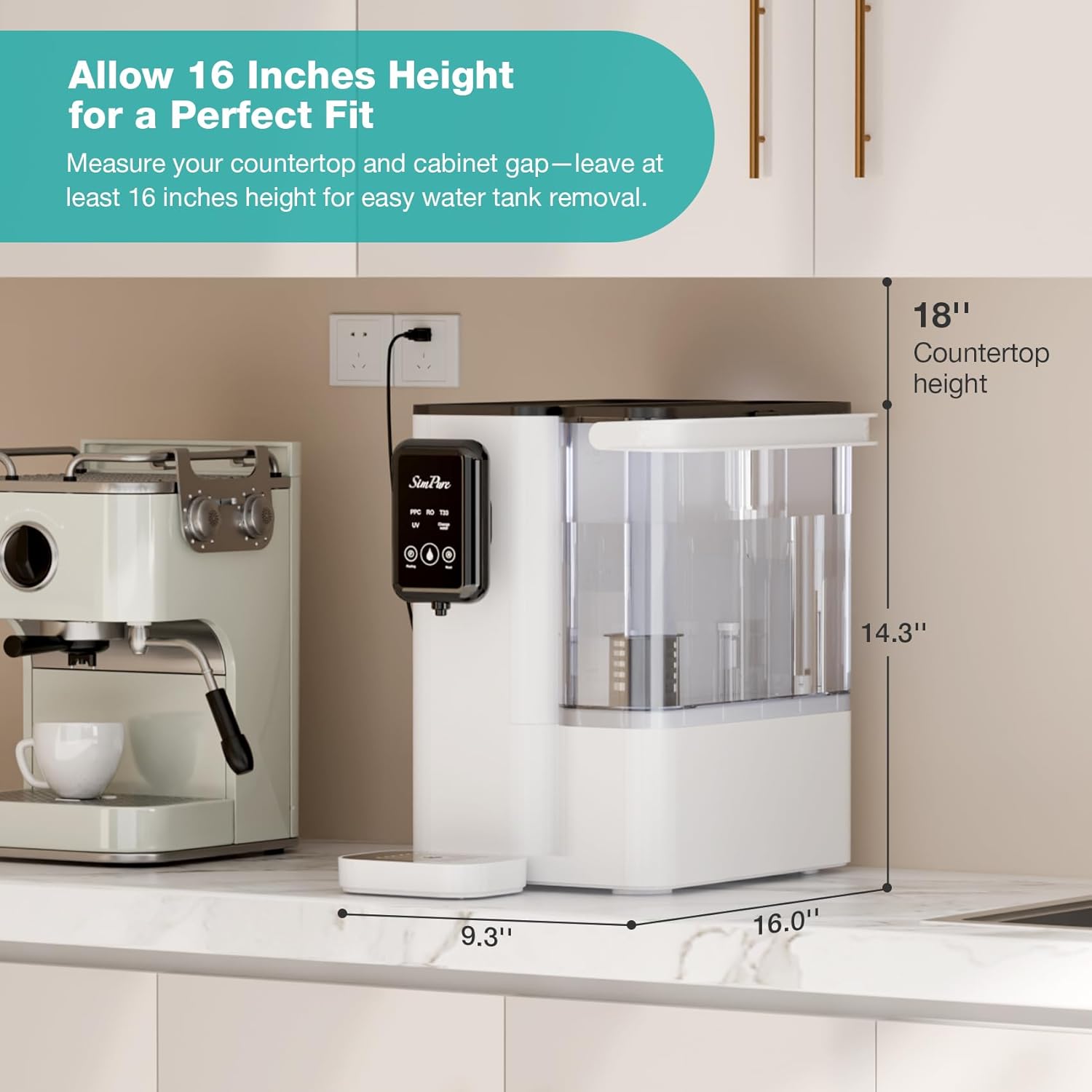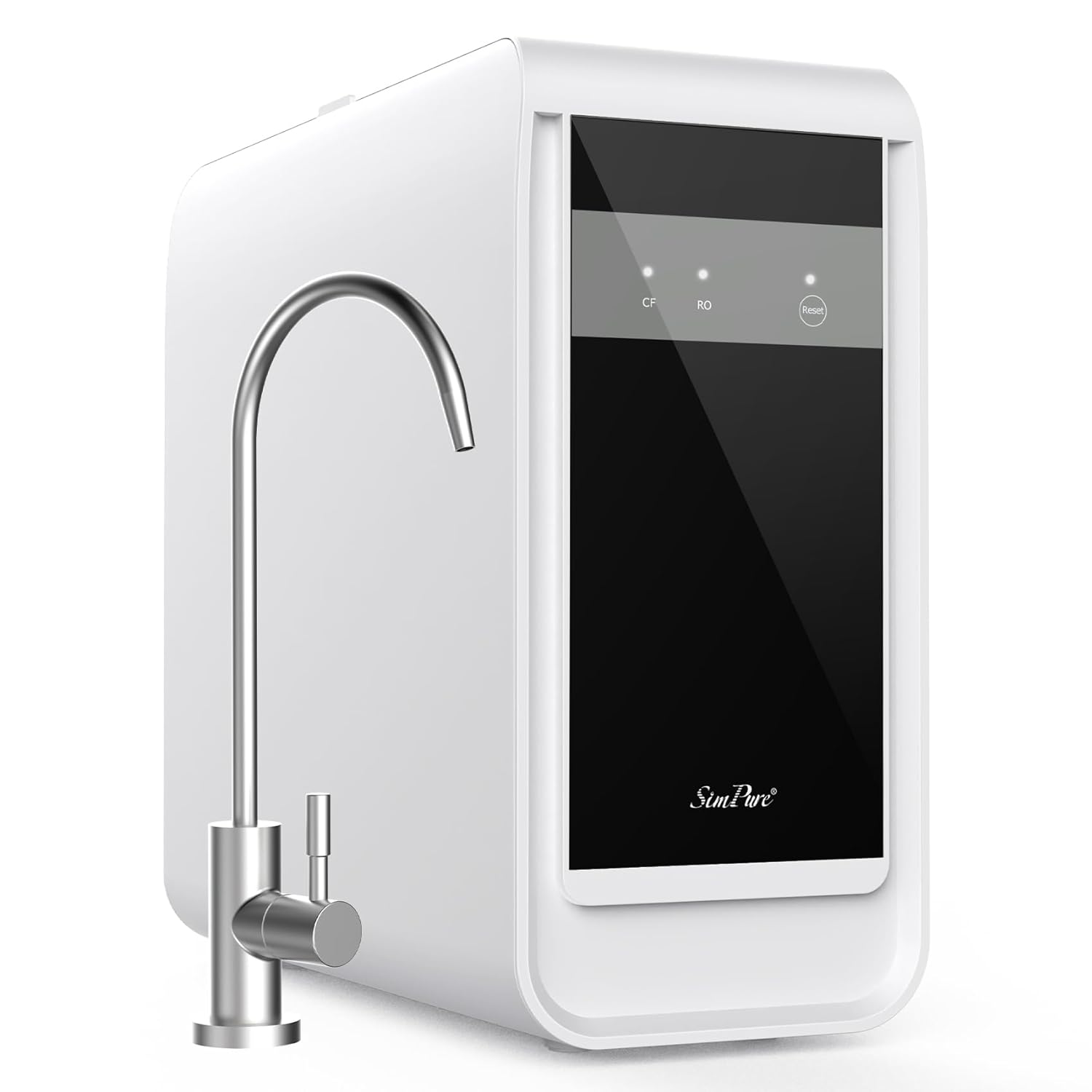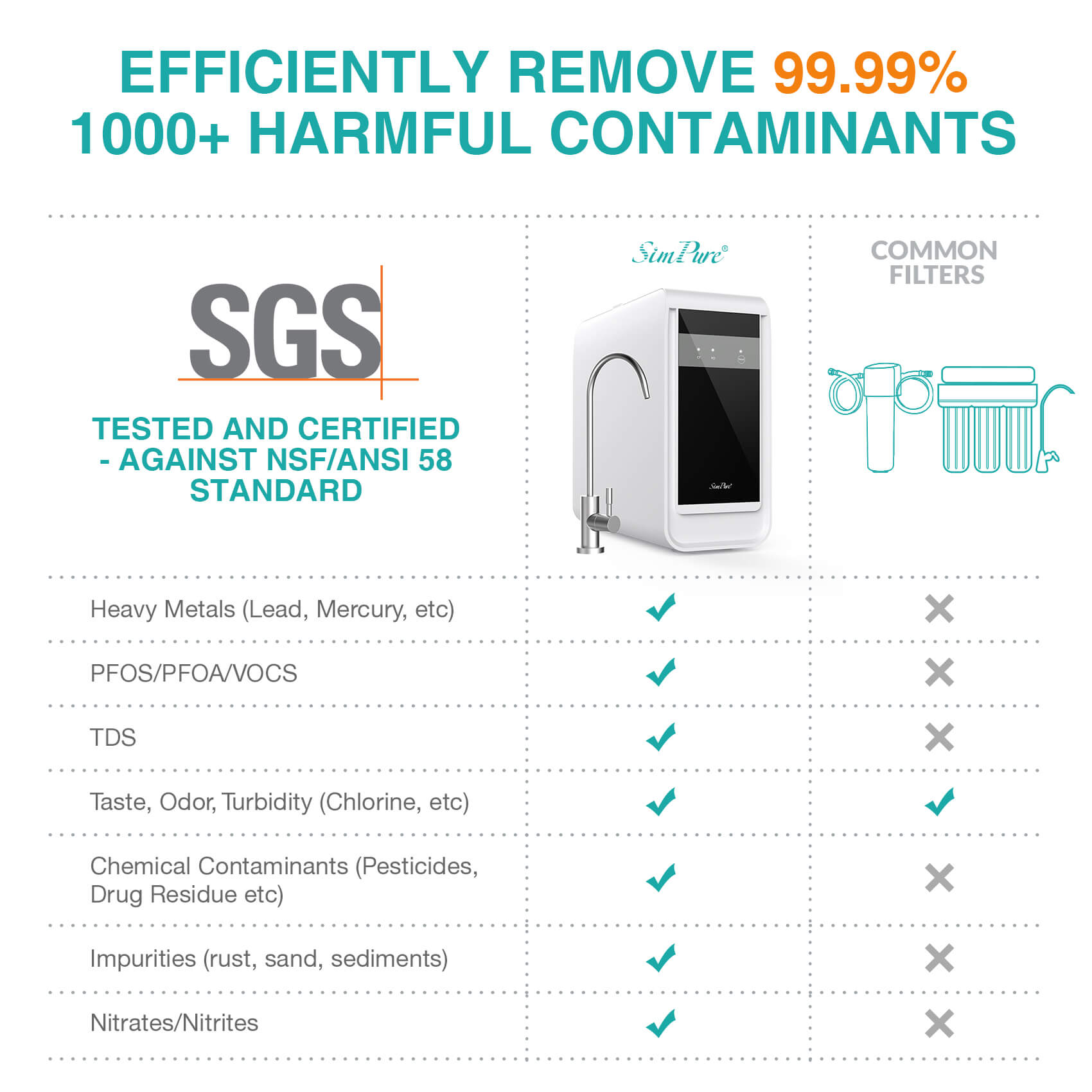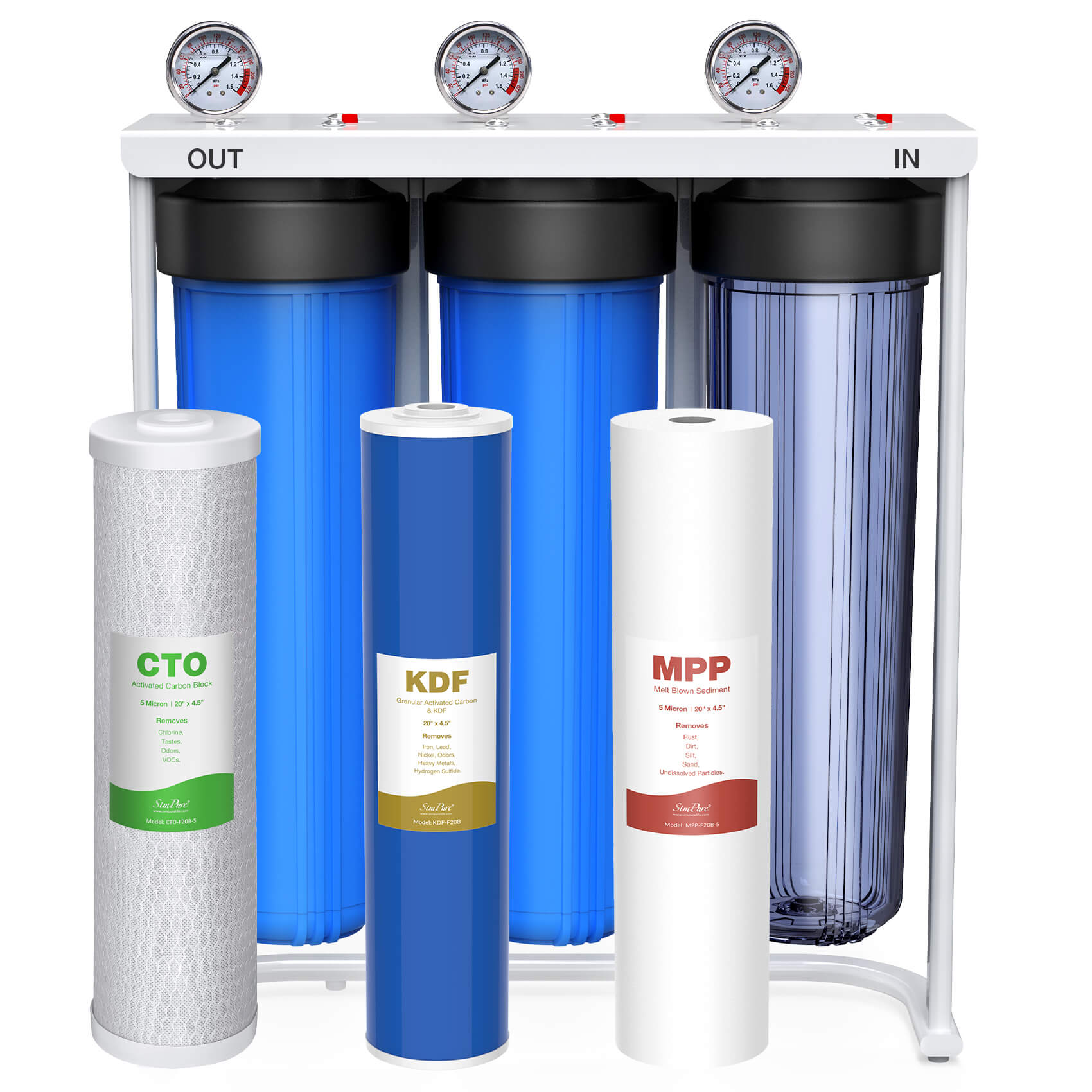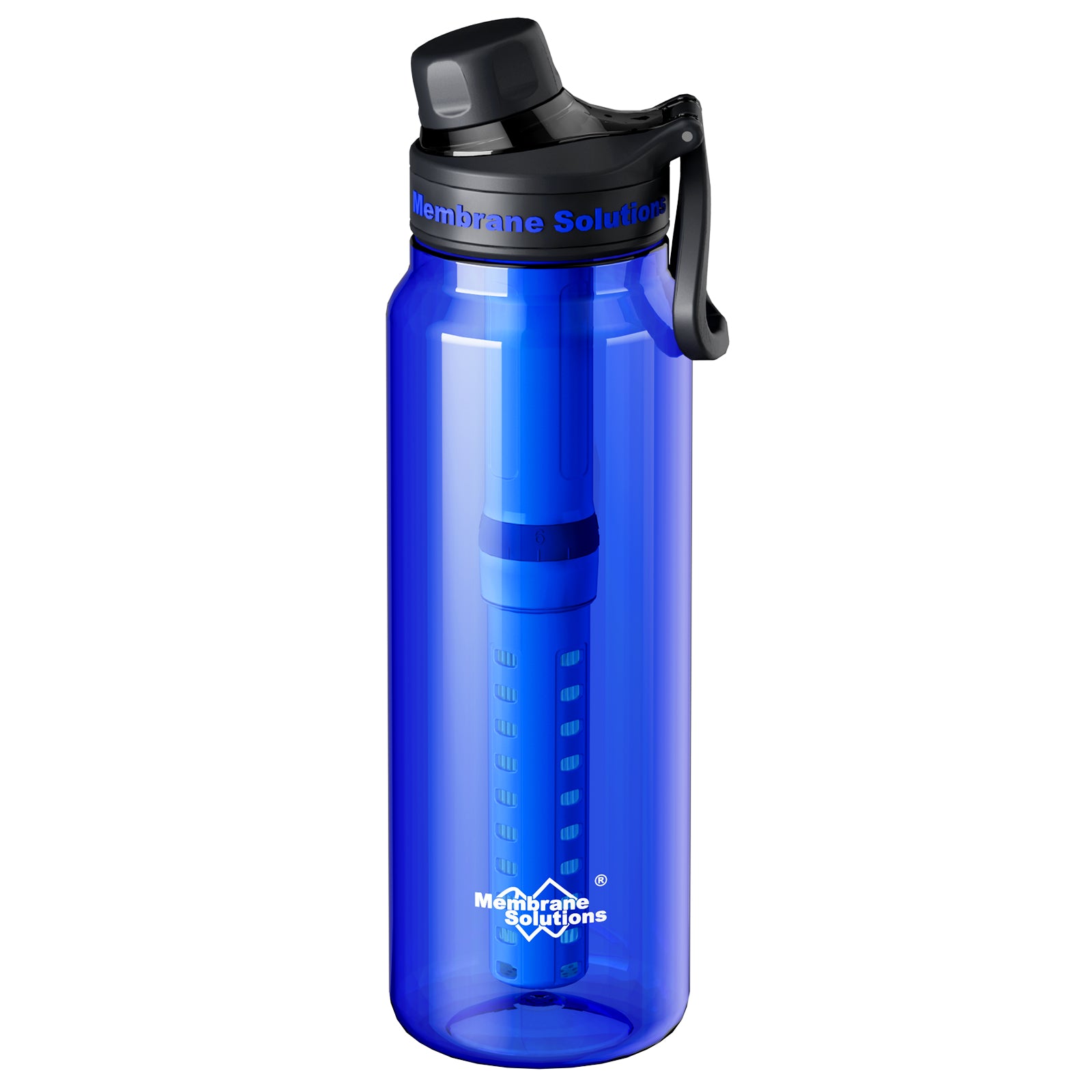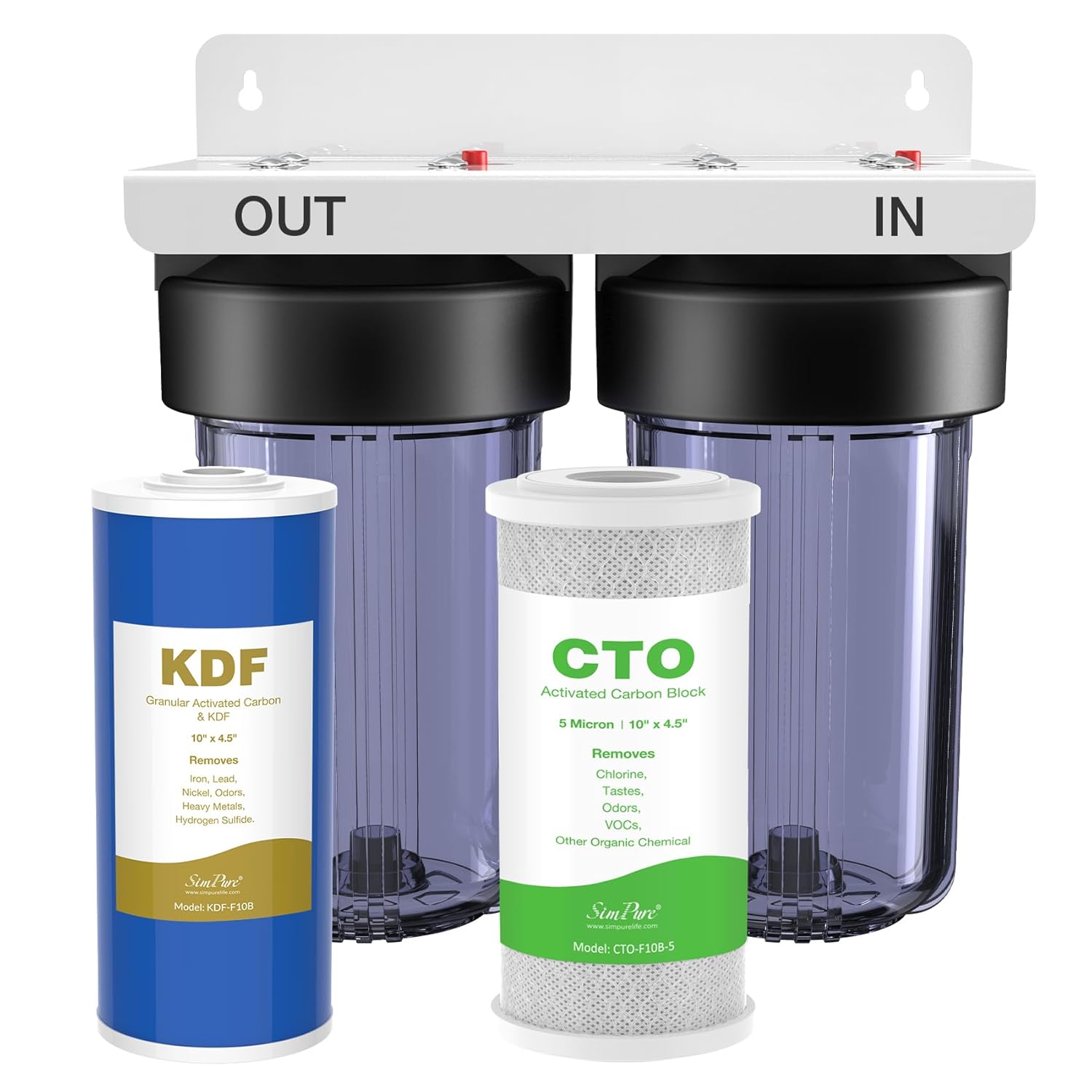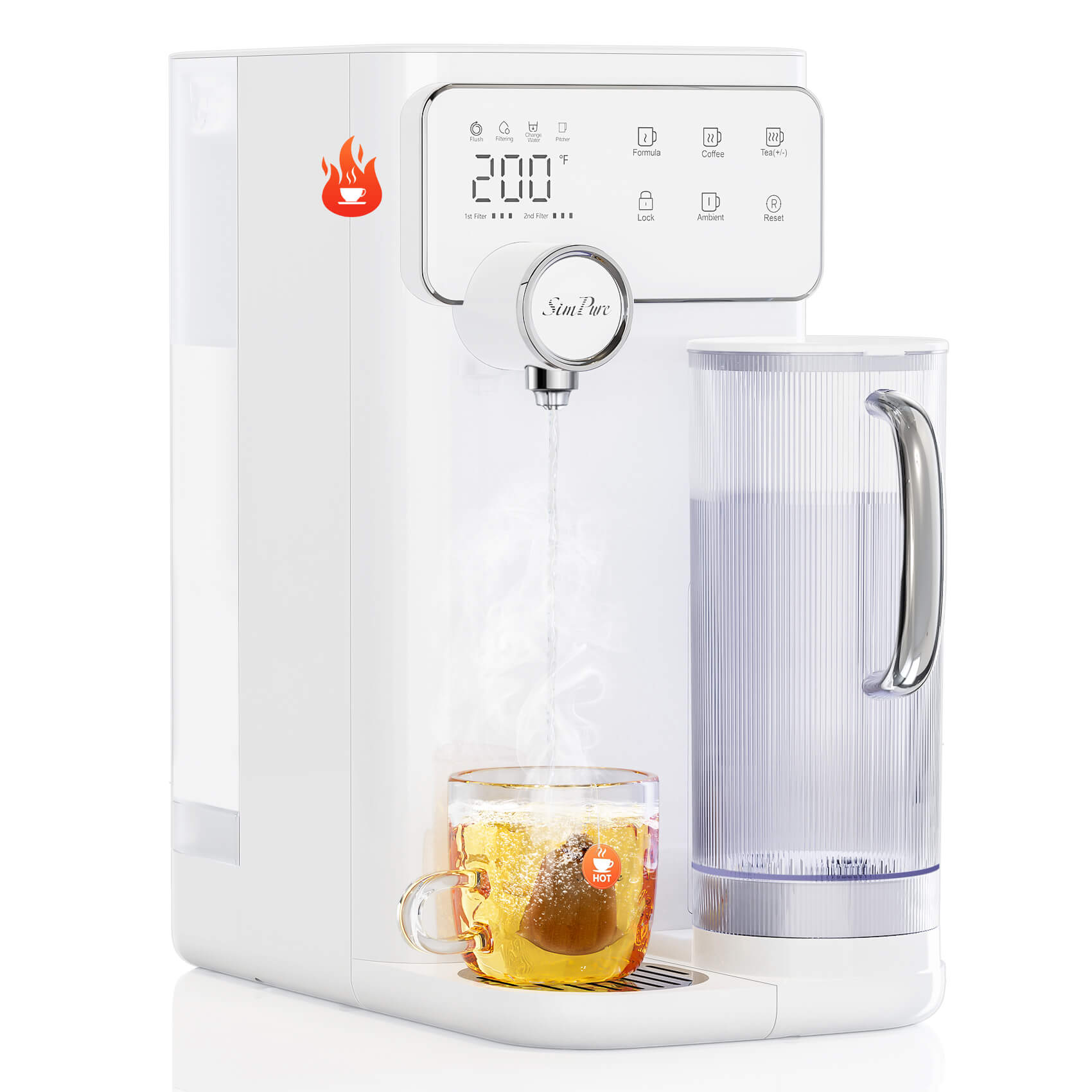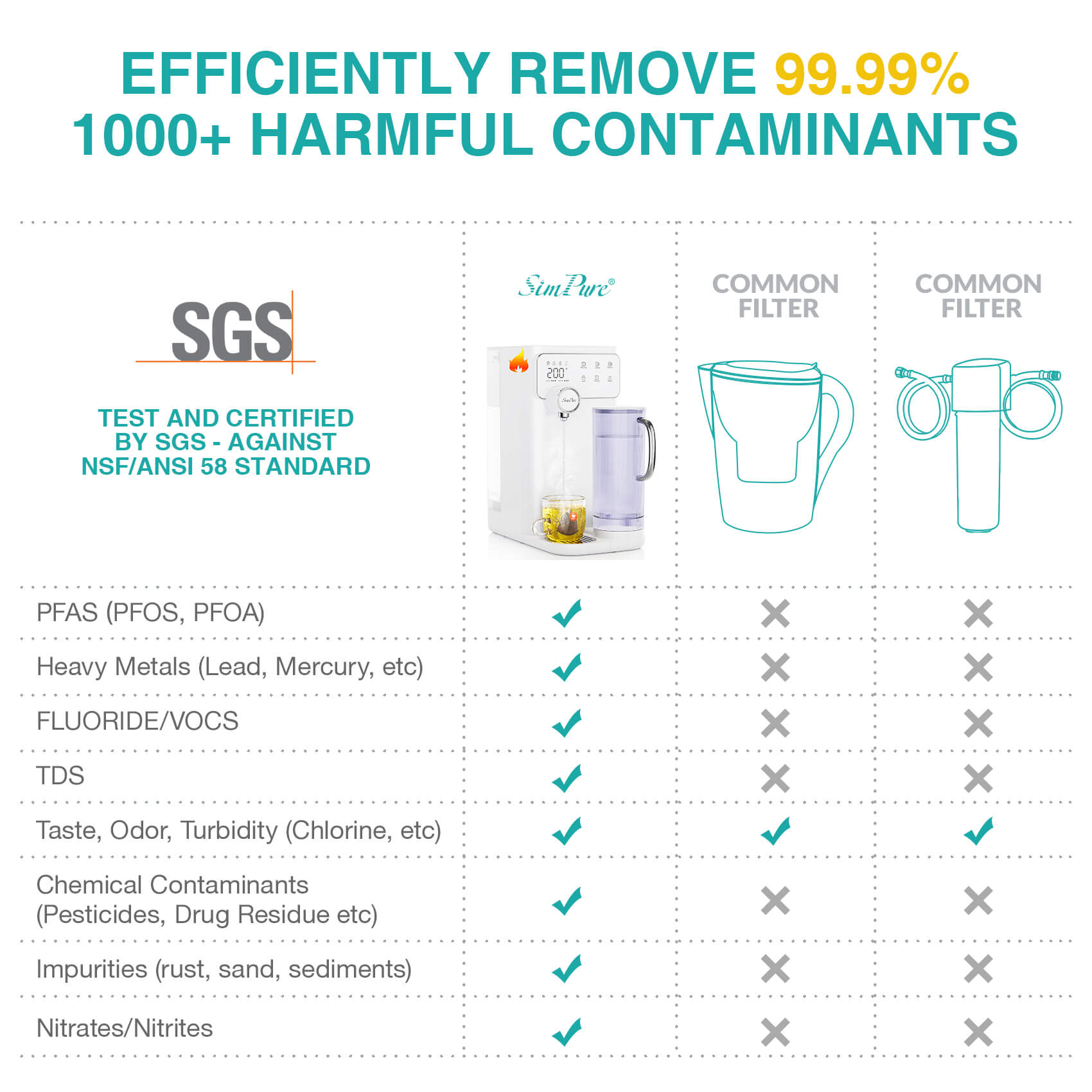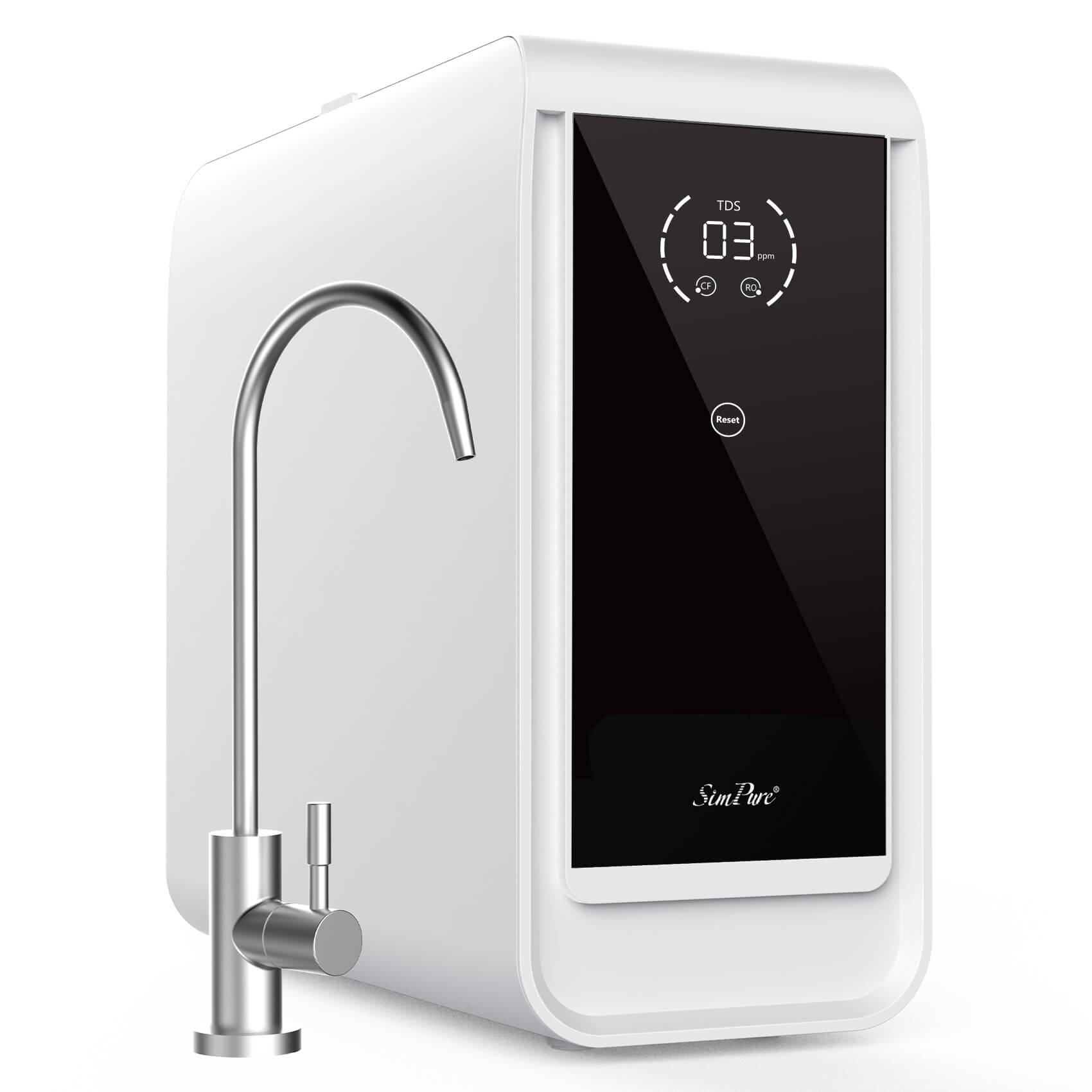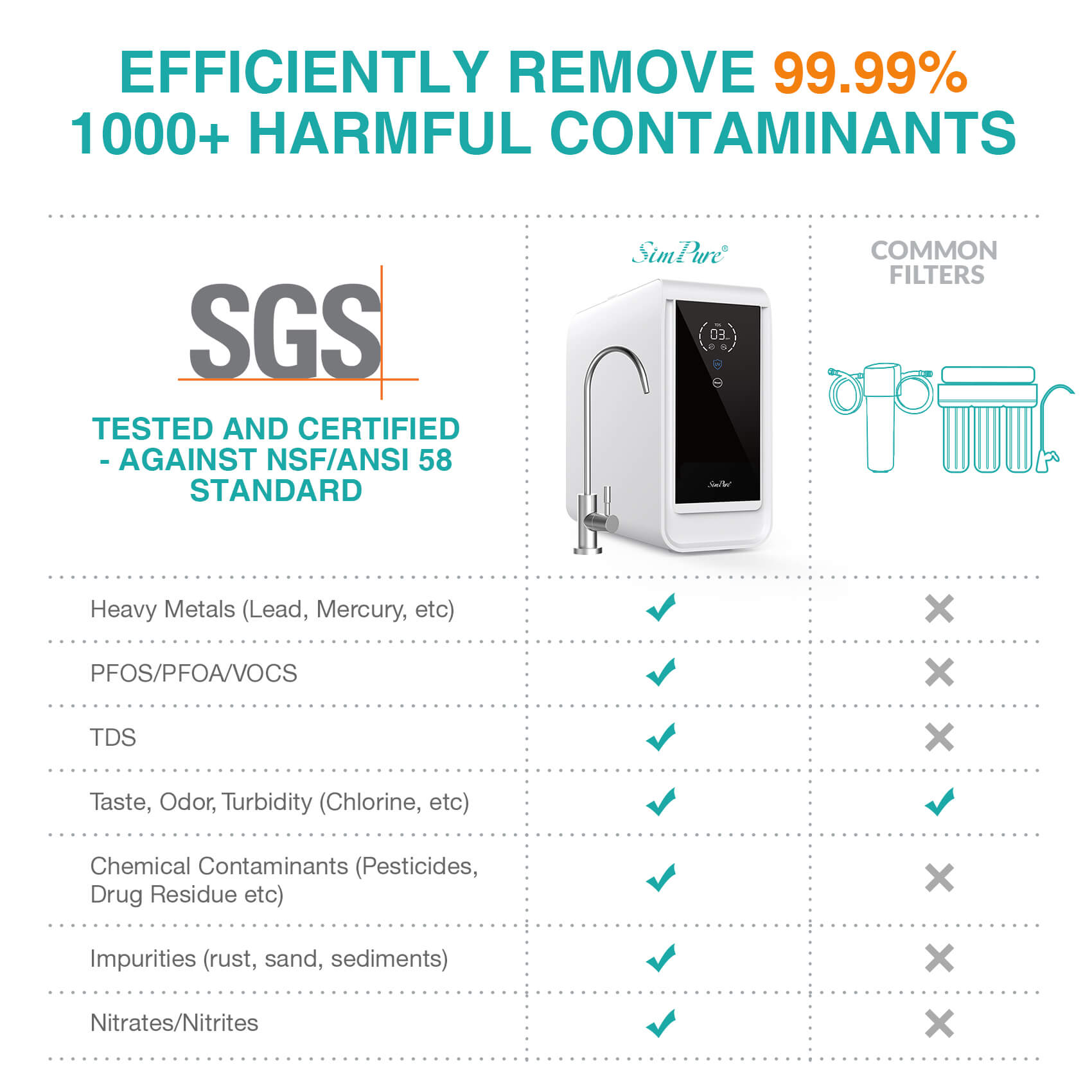Are you looking to shed excess pounds and start a successful weight-loss journey? Well, it turns out that one of the easiest yet most critical ingredients to achieving your goals may be within your reach: water. Hydration plays an important role in weight loss, but the question of how much water should I drink to lose weight is often confused and misunderstood. In this article, we unravel the relationship between water and weight and give you a comprehensive guide to help you determine the right amount of water to support your weight loss efforts.
Can Drinking Water Help Lose Belly Fat?

Of course, drinking water can help to lose belly fat. So before answering the question of how much water should I drink to lose weight, let's take a look at the inner connection between water and weight.
The Science Behind Water and Fat Loss
Water plays a vital role in various bodily functions, including metabolism and the breakdown of fat cells. Although water itself does not directly break down fat cells, it supports the process of promoting fat metabolism. Staying properly hydrated is essential to maintaining a healthy metabolism. Proper hydration helps support efficient metabolism because water is involved in the transport and utilization of nutrients. When your metabolism is at its best, it promotes the breakdown and utilization of stored fat for energy. Plus, drinking water before meals can help create a feeling of fullness, which reduces calorie intake at mealtimes. Research shows that drinking water before meals can help lower energy intake, which can benefit weight management. Also, thirst can sometimes be mistaken for hunger, so staying well hydrated can also help prevent unnecessary overeating. So, that is why the answer to can drinking water help lose belly fat is Yes.
Strategies to Effectively Use Water for Belly Fat Reduction
1. Drinking Water before Meals
Drinking water before meals can help you feel fuller, which may lead to fewer calories consumed with meals. Good for your weight management, including reducing belly fat. Try to drink a glass of water about 30 minutes before each meal.
2. Replacing Sugary Drinks with Water
Replace sugary drinks like soda, juice, and energy drinks with water. These drinks are often high in calories and can lead to weight gain, including belly fat. Choose water as your primary beverage choice to cut down on calories. But if you don't like to drink tasteless water, you can consider adding some MiO liquid water enhancer to the water. MiO is a flavoring agent that can add flavor to water. It has 0 calories and will not affect weight loss.
3. Combining Water Intake with a Balanced Diet and Exercise
Regular exercise is essential for overall weight loss, including losing belly fat. Combine hydration with physical activity to optimize your efforts. Staying hydrated by drinking water before, during, and after exercise can support your workout performance.
4. Stay Hydrated
Adequate hydration is important for overall health and can aid in weight loss. Drink water throughout the day to ensure you stay hydrated. You can keep a water bottle with you as a reminder to drink regularly.
How Much Water Should I Drink to Lose Weight?
Through the reading of the above content, we know that water and weight are directly related very closely. So how much water to drink to lose weight? Read on!
Factors Influencing Drinking Water to Lose Weight
1. Weight and Size
A person's weight and size can affect their water needs. Larger individuals generally require more water to meet their hydration needs than smaller individuals.
2. Physical Activity Level
Physical activity increases water loss through sweating and increases the need for water. Those who are physically active, participate in strenuous exercise, or engage in prolonged activities may need to consume more water to stay properly hydrated.
3. Age
Age affects water intake. Infants and young children have higher water requirements relative to body weight than adults. Older adults may also have different hydration needs due to physiological changes associated with aging.
4. Climate and Environment
Hot, humid weather can lead to increased sweating and fluid loss, requiring more water intake to compensate for the extra loss. Likewise, high-altitude environments may increase water requirements due to enhanced respiration and potential dehydration.
5. Pregnancy and Breastfeeding
Pregnant and breastfeeding women have an increased need for water to support the extra needs of their bodies and to provide adequate hydration for a developing fetus or nursing infant.
General Guidelines on How Much Water A Day to Lose Weight
Drinking plenty of water is crucial to your weight loss plan. To support weight loss, the amount of water you should drink throughout the day may vary based on factors such as your weight, activity level, climate, and overall health. Here are some tips for answering how many ounces of water should I drink a day to lose weight:
1. A general recommendation is to drink at least eight 8-ounce glasses of water per day, roughly equivalent to about 2 liters or half a gallon.
This is known as the "8x8 rule". Drinking enough water is important for weight loss because it helps maintain proper body function, supports digestion, and can help you feel full, which can potentially reduce calorie intake. Plus, staying hydrated enhances your body's ability to burn calories efficiently.
However, it is important to note that the 8x8 rule is a general guideline and may not be suitable for everyone. Some people may need more or less water, depending on their specific situation. For example, athletes or people who engage in strenuous exercise may need to drink more water to compensate for fluid loss through sweating.
2. Another suggestion for how much water should drink a day to lose weight is to consider factors such as height and weight. A common recommendation is to drink half an ounce to one ounce of water per pound of body weight per day. For example, if you weigh 150 pounds, your goal is to drink 75 to 150 ounces of water per day.
Also, it is important to listen to the body's thirst signals and adjust water intake accordingly according to individual needs. Thirst is a natural mechanism that signals your body's need for hydration. Consulting a nutritionist can provide you with further guidance and help you adjust your water intake to support your weight loss goals and overall health. What's more, keep in mind that this should be pure water. Not to be included in tea, juice or smoothies.
Recommended Water to Lose Weight in Different Units

1. How Many Ounces of Water a Day to Lose Weight?
To determine the recommended daily water intake for weight loss, a common guideline is to drink half an ounce to one ounce of water per pound of body weight. This means that if you weigh 150 pounds, your goal is to consume approximately 75 to 150 ounces of water per day. Note however that this range is general advice and may not work for everyone. Factors such as activity level, climate, and overall health can affect your personal water needs.
2. How Many Liters of Water a Day to Lose Weight?
To convert the recommended daily water intake for weight loss from ounces to liters, you can use the following conversions:
- 1 ounce ≈ 0.0296 liters
- 1 liter ≈ 33.8 ounces
For example, if you weigh 150 pounds:
- Minimum recommended water intake: 150 pounds × 0.5 ounces/pound ≈ 75 ounces ≈ 2.2 liters
- Maximum recommended water intake: 150 pounds × 1 ounce/pound ≈ 150 ounces ≈ 4.4 liters
Therefore, for weight loss purposes, a recommended range of water intake would be approximately 2.2 to 4.4 liters per day.
3. How Many Glasses of Water a Day to Lose Weight?
For example, if you weigh 150 pounds, you would aim for 75 to 150 ounces of water per day, which is approximately 9 to 18 glasses of water using an 8-ounce glass.
Precautions and Potential Risks of Overhydration
Through the above reading, we have answered the question of how much water should I drink to lose weight. But it’s important to note that overhydration can also be a potentially dangerous condition. Overhydration, also known as water intoxication or hyponatremia, occurs when the body takes in more water than it can get rid of, causing an imbalance of electrolytes (especially sodium) in the blood. Here are some possible signs and risks of overhydration:
Recognizing the Signs of Overhydration
1. Swelling
Too much water can cause swelling or puffiness, especially in the hands, feet, ankles, and face. This is due to increased fluid volume in the body.
2. Nausea and Vomiting
Excess fluid can stress the digestive system, causing nausea and, in some cases, vomiting.
3. Changes in Mental Status
As hyperhydration progresses, it can affect brain function. Symptoms may include confusion, disorientation, irritability, lethargy, and even seizures.
4. Decreased Urine Output
Although it may seem paradoxical, overhydration can actually lead to less urine output. This is because the kidneys try to retain water to correct electrolyte imbalances.
Specific Risks of Overhydration
1. Electrolyte Imbalance
Overhydration dilutes the concentration of electrolytes in the body, especially sodium. This condition, called hyponatremia, disrupts the normal function of cells and organs. Severe hyponatremia can lead to seizures, coma, and even life-threatening.
2. Indigestion
Consuming too much water can disrupt the normal digestive process. It can dilute stomach acid, leading to impaired digestion and nutrient absorption. Over time, this can lead to symptoms such as bloating, indigestion, and malnutrition.
3. Heart Problems
Too much water can increase the workload on the heart. When there is too much fluid in the body, the heart has to work harder to pump blood efficiently, which strains the cardiovascular system and can lead to heart problems.
4. Kidney Damage
The kidneys play a vital role in regulating fluid balance in the body. Drinking too much water puts stress on the kidneys and can lead to kidney damage or dysfunction.
Importance of Drinking Clean and Purified Water for Effective Weight Loss
Through the previous reading, I believe you already know the answer to the question of how much water should I drink to lose weight. Another issue we should also consider while drinking enough water is the importance of water quality to weight loss. Next, let's take a look at the relationship between water quality and body weight.
The Connection Between Water Quality and Weight Loss
Water quality can indirectly affect weight loss by affecting various factors related to overall health and hydration. Water plays a vital role in removing waste and toxins from the body through urine and sweat. Impurity-free water helps effectively remove waste and supports the entire detoxification process. This can indirectly promote weight loss by promoting a healthier internal environment. Staying properly hydrated during exercise is critical to maintaining optimal physical performance. Water quality has become important to ensure hydration without introducing pollutants or impurities that could negatively affect health and exercise performance. Moreover, water quality is related to overall health, including the function of organs, the immune system, and the digestive system. When your body is healthy and functioning optimally, it can better support weight loss efforts. Poor water quality, contaminated with harmful substances, can have adverse health effects and may affect weight management. Therefore, drinking clean and safe water is important to support your weight loss goals and overall health. Consider using filtered or purified water by water purifier to ensure you are drinking high-quality water.
Benefits of Using a Water Purifier for Weight Loss
1. Remove Pollutants
Water purifiers help remove various pollutants from tap water, such as chlorine, heavy metals, pesticides, bacteria, and viruses. Drinking purified water reduces your intake of potentially harmful substances that can affect your health and hinder your weight loss process. By avoiding these pollutants, you can promote better overall health.
2. Improves Hydration
Proper hydration is critical to weight loss. Drinking purified water ensures you are drinking clean, safe, and refreshing water, which encourages your regular intake. Good hydration supports optimal metabolic function, digestion, and nutrient absorption, all of which play a role in weight management. When you have access to clean water, you are more likely to drink it regularly and stay well hydrated.
3. Calorie-Free Hydration
Water is an excellent choice for calorie-free hydration. Having a water filter at home gives you access to clean water at all times, making it easier to choose water over sugary or other high-calorie beverages. By reducing your calorie intake from beverages, you can support your weight loss goals.
In short, in the above content, we have also clearly told you the answer to the question of how much water should I drink to lose weight. Factors such as your body weight, activity level, and individual needs can guide you in determining your optimal intake. Plus, investing in a reliable water filter like SimPure water filters, can ensure that the water you drink is clean, fresh, and free of impurities. By avoiding these pollutants, you promote better overall health, all of which play a role in weight management.



